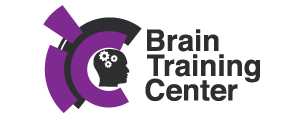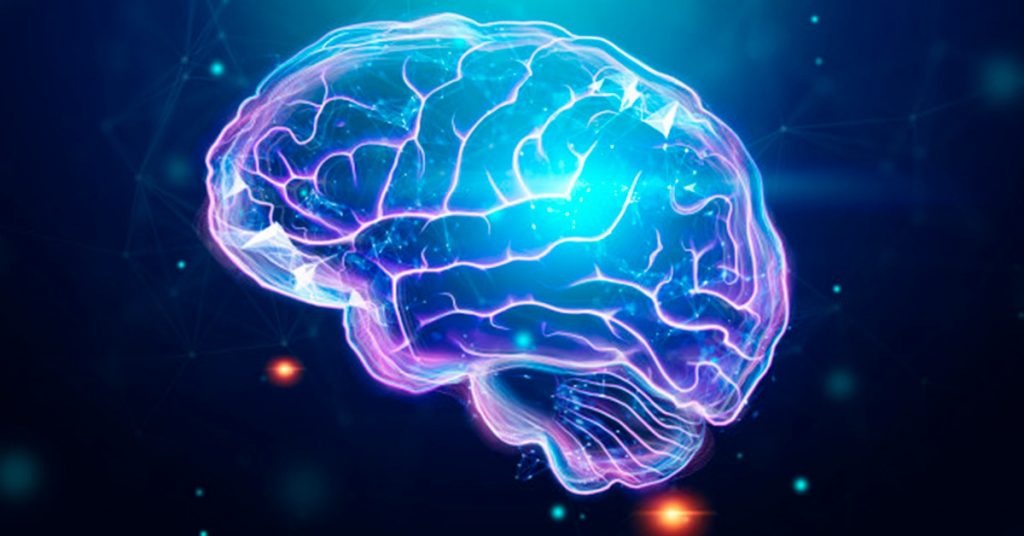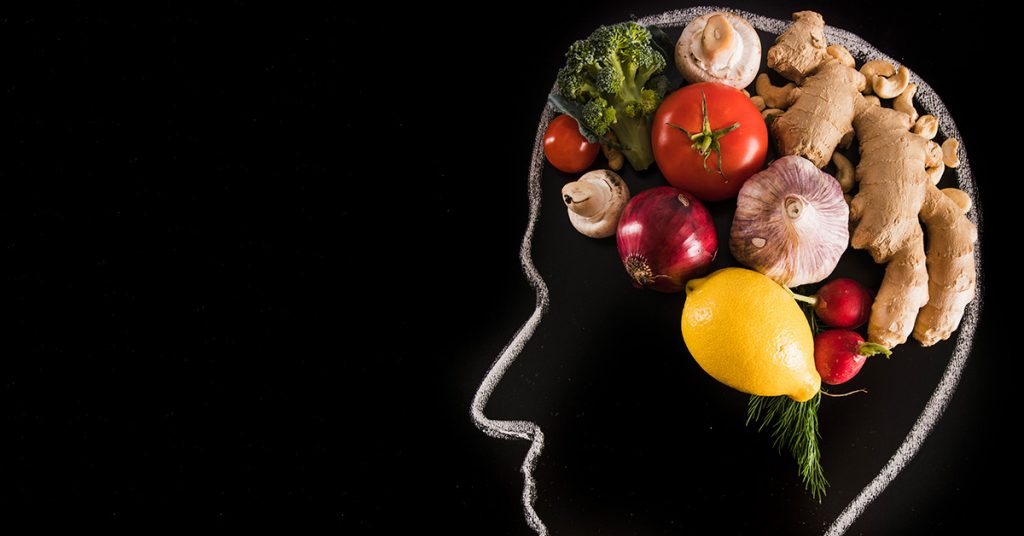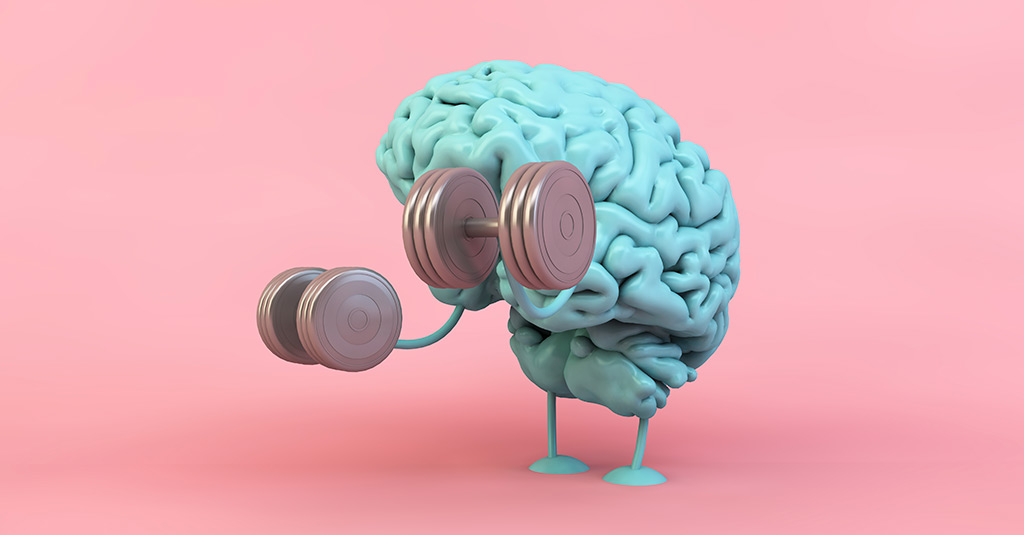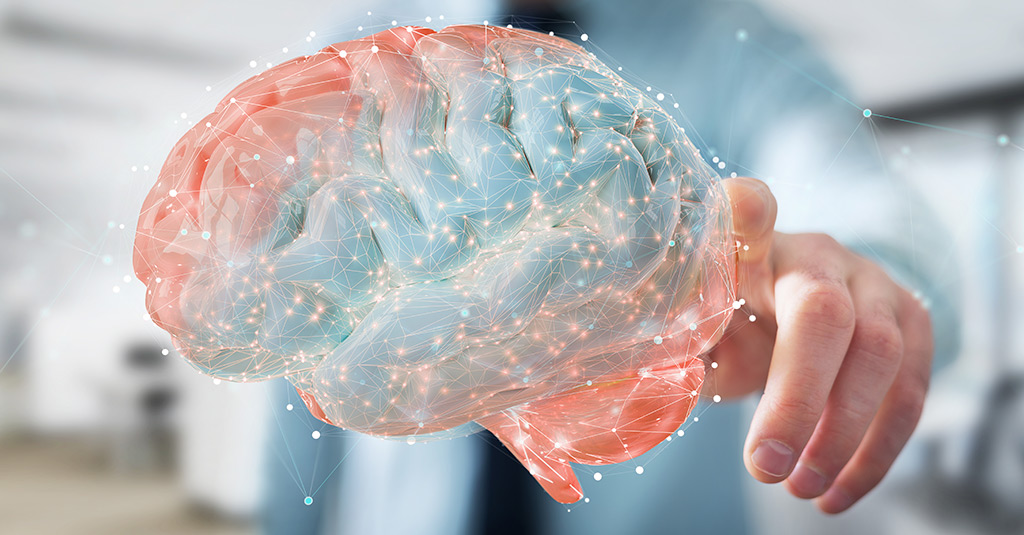Scientific evidence on Brain Map (qEEG)
There are thousands of research studies on qEEG for a wide variety of clinical conditions, including memory problems, anxiety, depression, traumatic brain injury (TBI), attention deficit (ADD / ADHD) and processing problems in spectrum disorder. autistic (ASD). Look at the most important studies: Attention Deficit ADD / ADHD Attention deficit has been associated with deviant …
